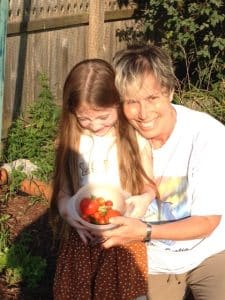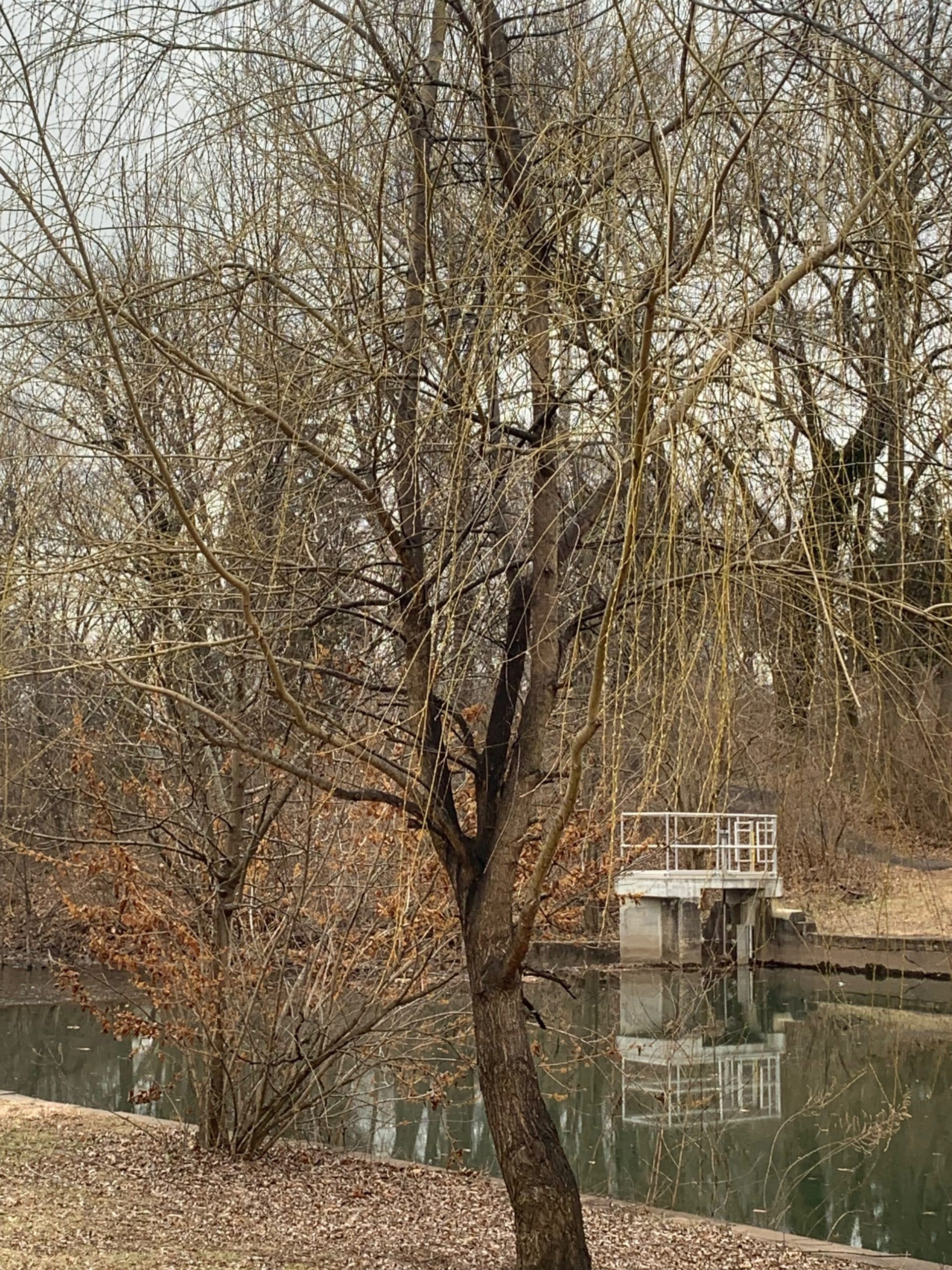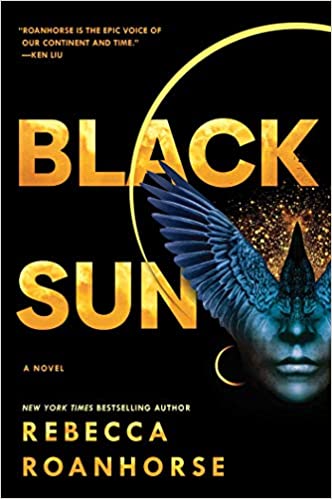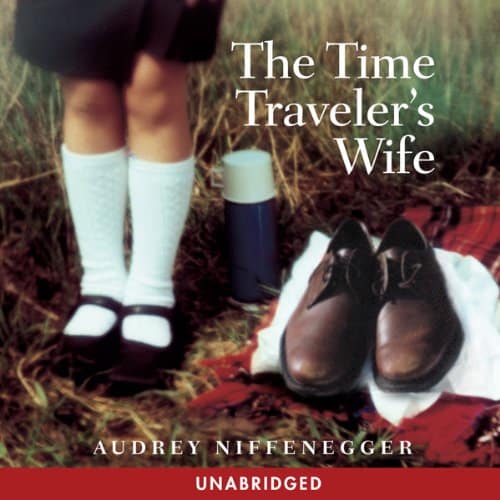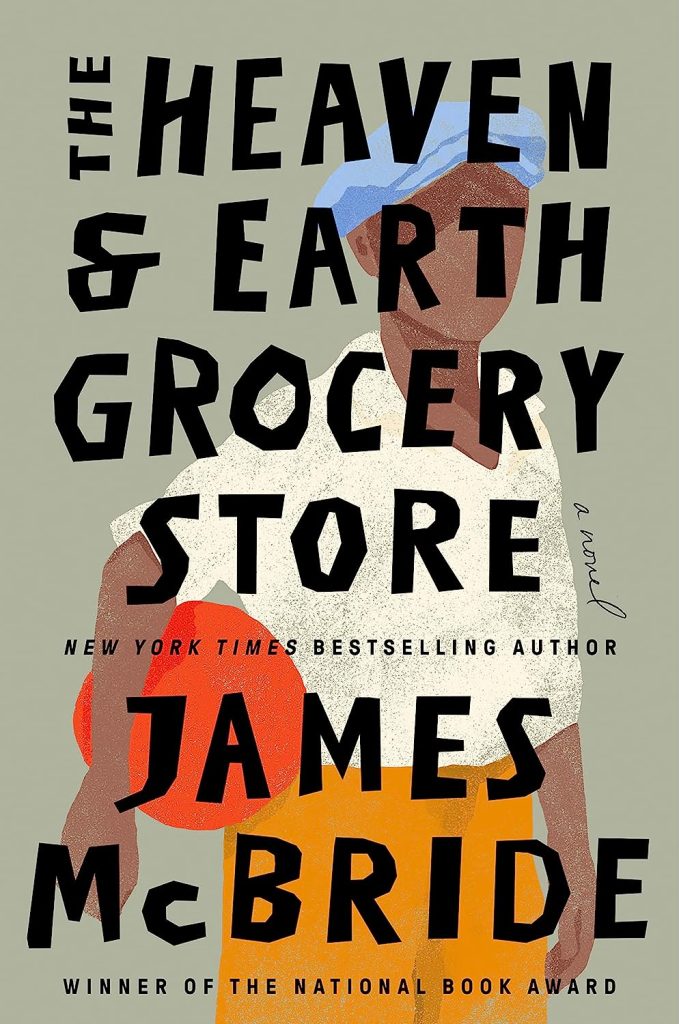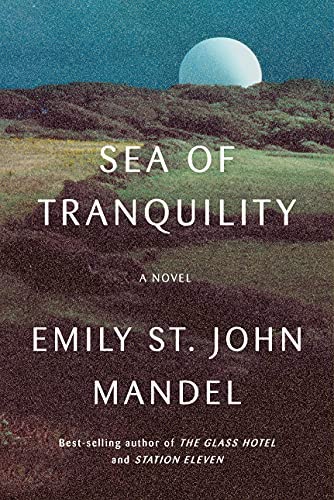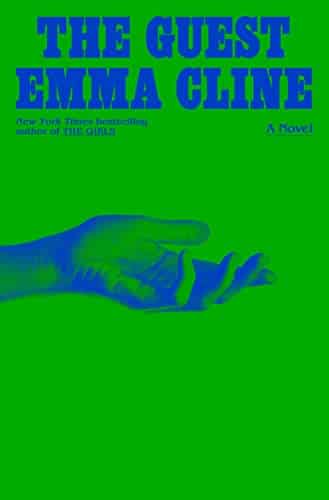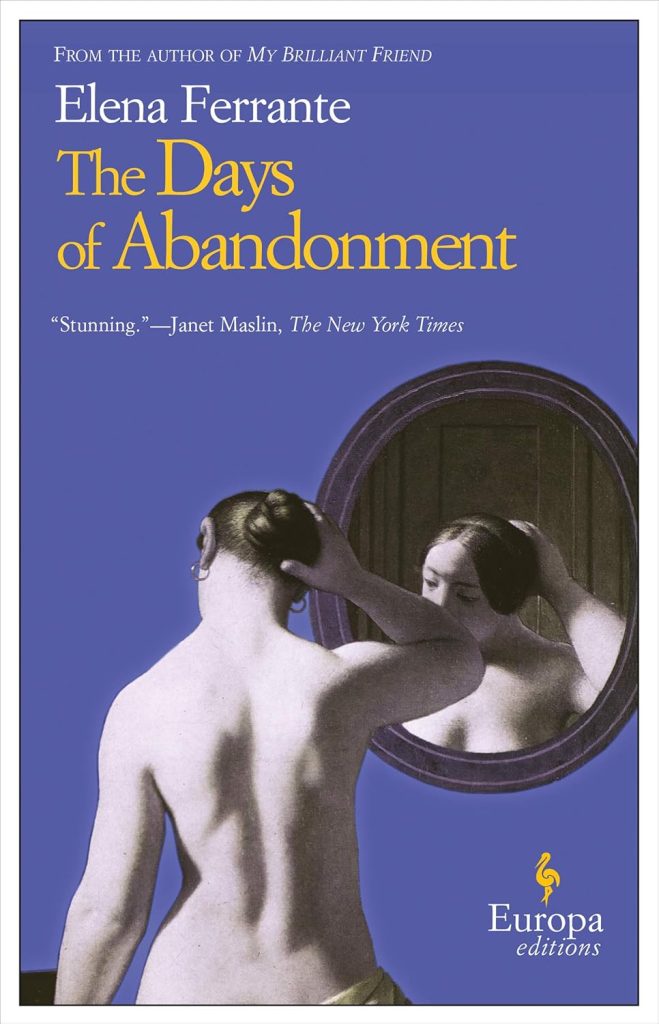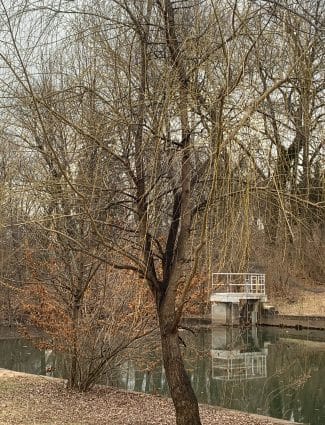
Early Spring or New Normal?
Estimated reading time: 1 minute, 12 seconds“I am happy to see the trees budding, but it is the middle of February,” Jan greeted me as she entered our home.
“It has been a very warm winter,” I responded, reaching out to hug and kiss her.
“But we are likely to get snow or an ice storm.”
“Yes, but lets start planning your garden for this summer.”
“You always help me feel better by changing the subject…”
Although I am not an environmental scientist, I plan to start tracking when the trees begin to bloom.
The weeping willow by the Rhaway River was eight days earlier than last year.
As of yesterday, we have been almost 9 degrees Fahrenheit above average since the beginning of January. If this continues, one day, Jan could have gardened year-round.
The weather is weirder than I ever remember.
At least Jan is with me, if only in spirit, to help me manage the strange new world.
The Jan Lilien Education Fund sponsors ongoing sustainability and environmental awareness programs. Gifts made this month; I will match dollar-for-dollar. All donations are tax-deductible.
I receive a commission when you buy a book or product using a link on this page. Thank you for supporting Sharing Jan’s Love blog.


